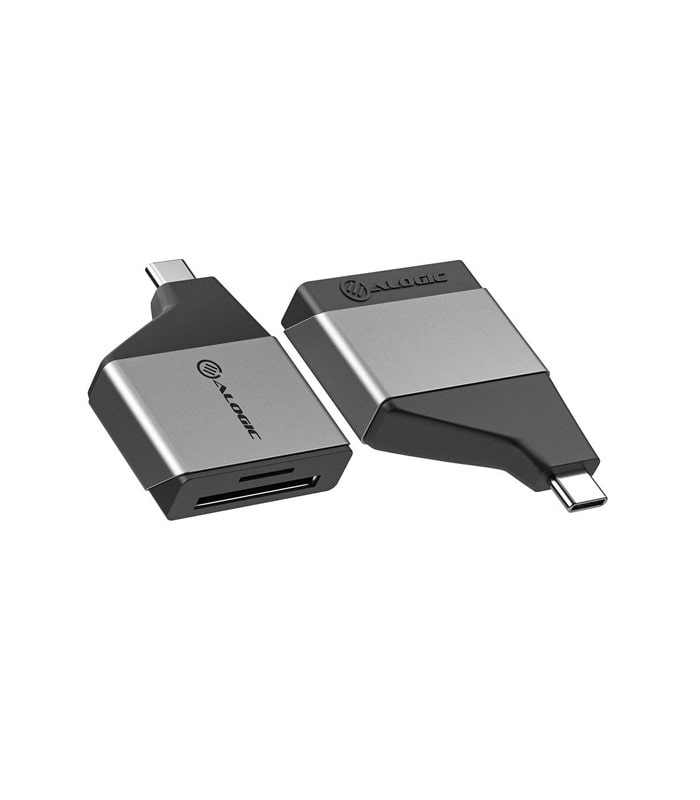Albact Tab 200 mg 30’s-Potential Overview:
Brand Name: Albact
Generic Name: Albendazole
Active Ingredient(s): Albendazole 200 mg
For the General Public:
Uses:
Albact is an antiparasitic medication used to treat a variety of parasitic infections, including:
- Intestinal infections such as ascariasis (roundworms), enterobiasis (pinworm), and hookworm infections.
- Tissue infections such as cystic echinococcosis (hydatid disease) and neurocysticercosis.
Dosage:
- Adults: Typically, one 200 mg tablet once or twice daily, depending on the severity of the infection.
- Children: Dosage is adjusted based on weight.
Possible Side Effects:
- Common Side Effects: Nausea, headache, dizziness, abdominal pain.
- Serious (Less Common) Side Effects: Hepatotoxicity, bone marrow suppression, severe allergic reactions.
Important Information:
- Dosage Instruction: Take with food to reduce stomach upset.
- Usage Instruction: Swallow the tablet whole.
- General Information:
- Avoid if allergic to albendazole or similar medications.
- May interact with medications used to treat seizures (e.g., phenytoin, carbamazepine).
- Avoid alcohol consumption as it may increase the risk of hepatotoxicity.
Drug Interactions:
- Interactions with Other Medications:
- May reduce the efficacy of albendazole if taken with medications inducing liver enzymes (e.g., rifampin).
- Can increase toxicity when combined with other hepatotoxic drugs or alcohol.
- Interactions with Food:
- Taken with fatty meals improves absorption.
Regulatory Approval & Manufacturer:
Approved by [regulatory body], manufactured by [manufacturer name].
Antidotes (If Overdose or Misuse by Patients):
Supportive care with hydration and monitoring for hepatotoxicity. Liver function tests may be required in severe cases.
For Pharmacists:
Medicine Name: Albact
Brand: Albact
Active Ingredient(s): Albendazole 200 mg
Indications:
Albact is used for the treatment of:
- Parasitic infestations such as intestinal nematodes and cestodes (e.g., roundworms, tapeworms).
- Cystic and alveolar echinococcosis.
Pharmacodynamics:
- Mechanism of Action:
Albendazole binds to beta-tubulin, disrupting microtubule assembly in the parasite’s cells. This leads to impaired glucose uptake and energy production, ultimately resulting in the death of the parasite. - Pharmacological Effects:
- Broad-spectrum anthelmintic activity effective against both intestinal and tissue-based parasitic infections.
- Receptor Binding:
Albendazole primarily binds to beta-tubulin within the parasitic cells, affecting their microtubular network and impeding cellular functions necessary for survival.
Pharmacokinetics:
- Absorption: Poorly absorbed in the gastrointestinal tract, but absorption is increased when taken with fatty meals.
- Distribution: Limited systemic distribution, with a high affinity for liver and parasitic tissue.
- Metabolism: Primarily metabolized in the liver to its active metabolite, albendazole sulfoxide.
- Elimination: Excreted mostly in urine and feces as metabolites.
- Half-Life: Approximately 8 hours for albendazole sulfoxide.
- Bioavailability: 30% when taken orally with food.
- Effect of Food: Significantly enhances absorption when taken with fatty meals.
Dosage and Administration:
- Adults: 200 mg once or twice daily for 3-6 days, depending on the infection.
- Pediatric: Dosage adjusted based on weight; not recommended for children under 2 years.
Contraindications:
- Known hypersensitivity to albendazole or similar benzimidazole medications.
- Severe liver disease or bone marrow suppression.
Warnings and Precautions:
- Regular monitoring of liver function is recommended during prolonged therapy.
- Avoid alcohol consumption during treatment to reduce risk of hepatotoxicity.
Drug-Drug Interactions:
- Rifampin and other enzyme-inducing drugs may decrease albendazole efficacy.
- Increased risk of hepatotoxicity when combined with other liver-toxic medications or alcohol.
Drug-Food Interactions:
- Improved absorption with fatty meals.
Adverse Reactions:
- Common: Nausea, abdominal pain, headache.
- Serious: Hepatic dysfunction, bone marrow suppression, severe allergic reactions.
Therapeutic Effects:
- Effective in eliminating parasitic infections, including those involving the intestinal tract and tissue damage.
Storage:
Store at room temperature (15°C to 30°C), protected from moisture and light.
Packaging:
Available in tablet form, typically in packs of 30 tablets.
Clinical Considerations:
- Pregnancy Category: C (Use only if the benefits outweigh the risks).
- Lactation Category: Use with caution; may pass into breast milk.
- Pediatric Category: Use only if necessary; dosage adjusted based on weight.
- Geriatric Category: Monitor liver function regularly in older adults.
Conclusion:
Albact Tab 200 mg is a potent antiparasitic medication effective against a wide range of parasitic infections. Proper dosing and monitoring are crucial for ensuring therapeutic success and minimizing potential adverse effects. Pharmacists should emphasize the importance of adhering to dosing instructions and monitoring liver function during prolonged use.










Reviews
Clear filtersThere are no reviews yet.